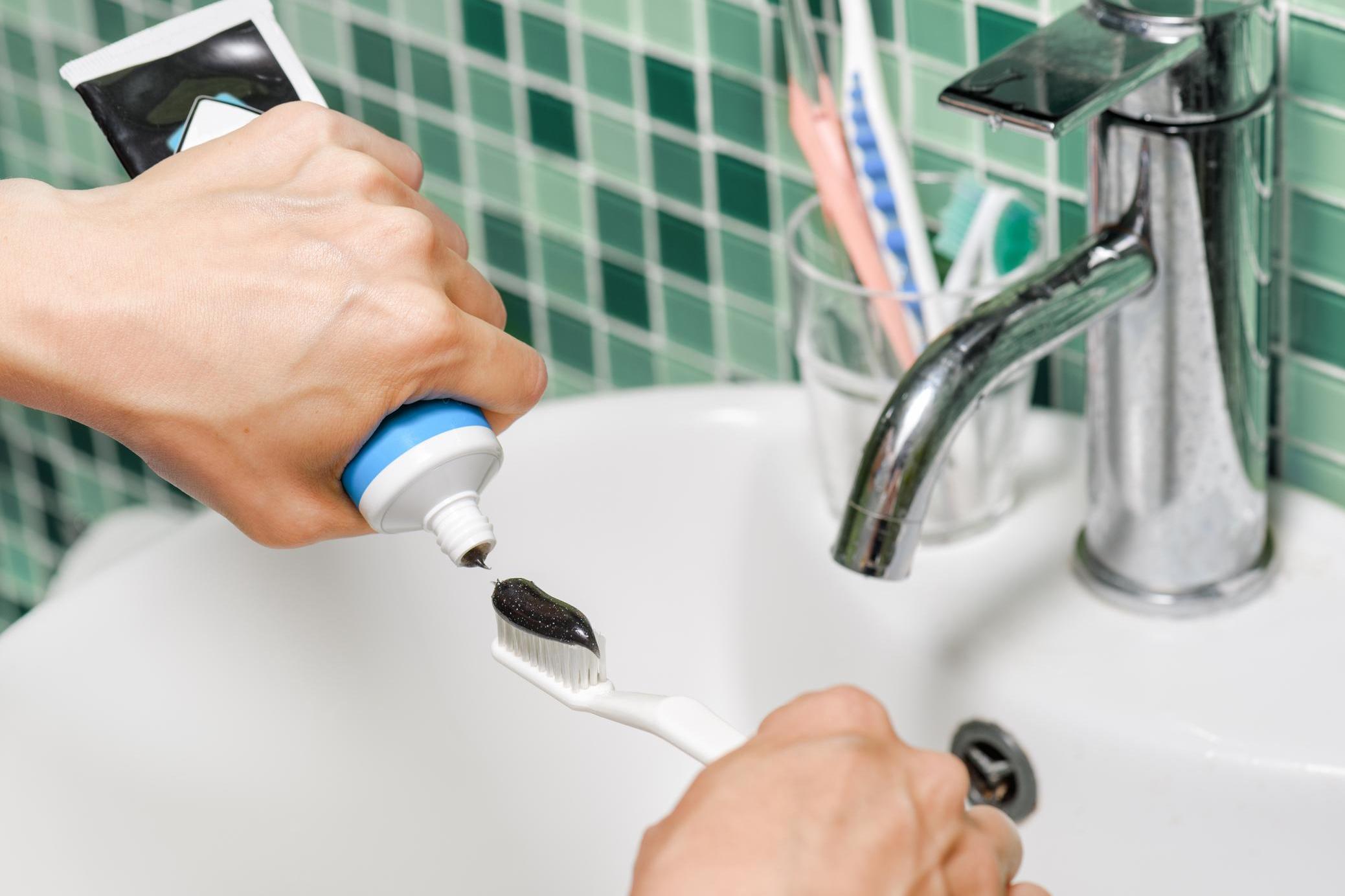Your support helps us to tell the story
From reproductive rights to climate change to Big Tech, The Independent is on the ground when the story is developing. Whether it's investigating the financials of Elon Musk's pro-Trump PAC or producing our latest documentary, 'The A Word', which shines a light on the American women fighting for reproductive rights, we know how important it is to parse out the facts from the messaging.
At such a critical moment in US history, we need reporters on the ground. Your donation allows us to keep sending journalists to speak to both sides of the story.
The Independent is trusted by Americans across the entire political spectrum. And unlike many other quality news outlets, we choose not to lock Americans out of our reporting and analysis with paywalls. We believe quality journalism should be available to everyone, paid for by those who can afford it.
Your support makes all the difference.A woman has died after mistaking a tube of rat poison for toothpaste and brushing her teeth with it.
Police identified the victim as 57-year old Leela Karkera in an unnatural death report, according to the Times of India.
Karkera was reportedly unable to tell the difference between the packaging of the rat poison and toothpaste.
She was rushed to a private hospital immediately for treatment but died on Sunday.
The incident took place in the Indian port of Malpe, near Udupi city on the Karnataka coast.
It is reportedly fairly common to mistake a specific brand of rat poison for toothpaste due to similarities in packaging. There is no antidote for the poison.
Rat poison paste sold by the brand Ratol is available widely and cheaply in India and comes in a tube.
In 2012, two young children in Puducherry died after accidentally brushing their teeth with the poison.
One of the victims, a 5-year old girl, died of liver failure almost a week after using the poison by mistake.
The other, a 3-year old boy, also died of liver failure, reported the Times of India.
The year before, a 3-year old girl was admitted to hospital for the same accident, but doctors were able to save her after more than two weeks of treatment.
The Indian Journal of Critical Care Medicine called for the Ratol brand rat poison to be banned in Indian households in 2015.
They cited fatal doses of yellow phosphorus and the common mistaking of Ratol for toothpaste as reasons for the ban.
Yellow phosphorus poisoning causes acute liver failure, and as there is no antidote, the only definitive treatment is a liver transplant.

Join our commenting forum
Join thought-provoking conversations, follow other Independent readers and see their replies
Comments